Un fluide peut être considéré comme étant une substance formé d'un grand nombre de
particules matérielles, très petites et libres de se déplacer les unes par rapport aux autres. C’est
donc un milieu matériel continu, déformable, sans rigidité et qui peut s'écouler.
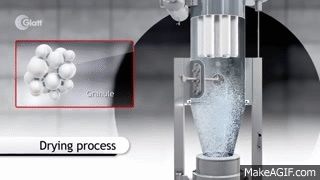
- TeachPlus: Benyoucef KHALILI
The matter "Energy Storage (Stockage d'énergie)", intended for students of the first year of the academic master chemical engineering (second semester), aims to provide a comprehensive understanding of the principles, technologies, and applications of energy storage systems. Through an in-depth exploration of various energy storage methods, students will gain insights into the current and emerging technologies that are shaping the future of energy management.
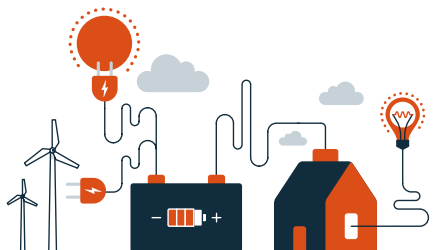
- TeachPlus: Réda KHAMA
La connaissance des phénomènes de transport en milieu poreux et dispersé est d’une grande importance dans plusieurs activités de l’ingénieur :
- La production de l’énergie avec la production du gaz et du pétrole, piles à combustibles, géothermie ;
- Le génie chimique pour les réacteurs à lits fixes, fluidisés ou transportés, le contrôle thermique des engins spatiaux pour les pompes capillaires ou encore ;
- La protection de l’environnement dans le cas de la dépollution du sol, stockage des déchets radioactifs, traitement des eaux ;
- Les domaines de l’agro‐alimentaire, de la pharmacie, la chimie, et la cosmétologie, etc.
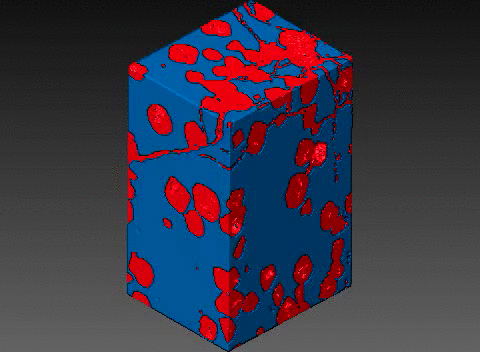
- TeachPlus: Benyoucef KHALILI
The aim of this course is to enable the student to have fundamental understanding of bioenergy production processes adequate to diverse biomass characteristics and to introduce state-of-the-art technologies of 2nd generation biofuels from sustainable bio-resources. This course will provide a comprehensive and balanced approach to bioenergy production fundamental theories and industrial application.
During the course, the student will learn about biomasses conversion fundamentals for bioenergy production; important physio- and biochemical characteristics of biomasses affecting production process and energy yields; and process biochemistry and operation conditions
- TeachPlus: Said SAMER
Furnaces and Boilers (Fours et Chaudières)
The goal of the matter "Furnaces and Boilers", intended for students of the first year of the academic master chemical engineering (second semester), is to explain the operation of industrial furnaces and boilers, to establish an energy balance of the two devices with determination of their thermal efficiencies, indicate the energy loss stations in these equipments and the optimizing methods of the thermal balance and describe the main operations of the heating equipment.
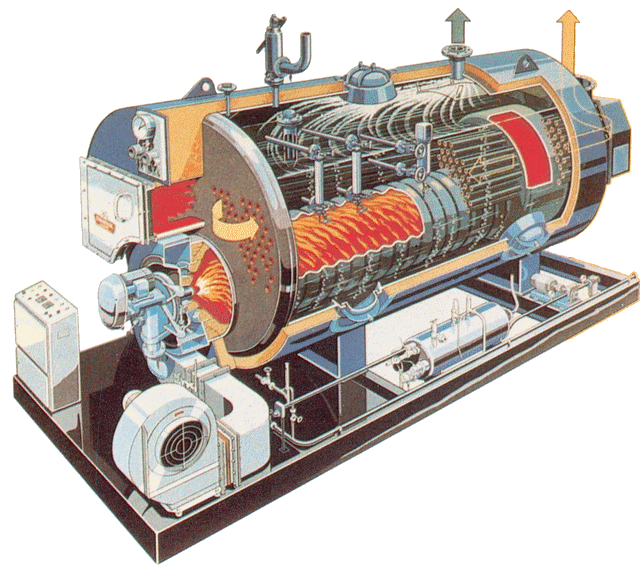
- TeachPlus: Réda KHAMA
CORROSION ET PROTECTIONS DES METAUX
La corrosion est un phénomène naturel qui affecte la plupart des matériaux métalliques, entrainant une détérioration de ces derniers. Presque toutes les installations est équipements métalliques sont en interaction avec les différents environnements agressifs.
Chaque année des dégâts considérables sont constatés, qui ont pour conséquences des pertes se chiffrant en Milliards de Dollars d’où l’intérêt porté par les scientifiques pour l’étude de la corrosion et de la lutte contre la corrosion.
Des mesures préventives sont adaptées a chaque situation et type d’installation toutes en développant des méthodes est des moyens d’expertise de plus en plus performants.
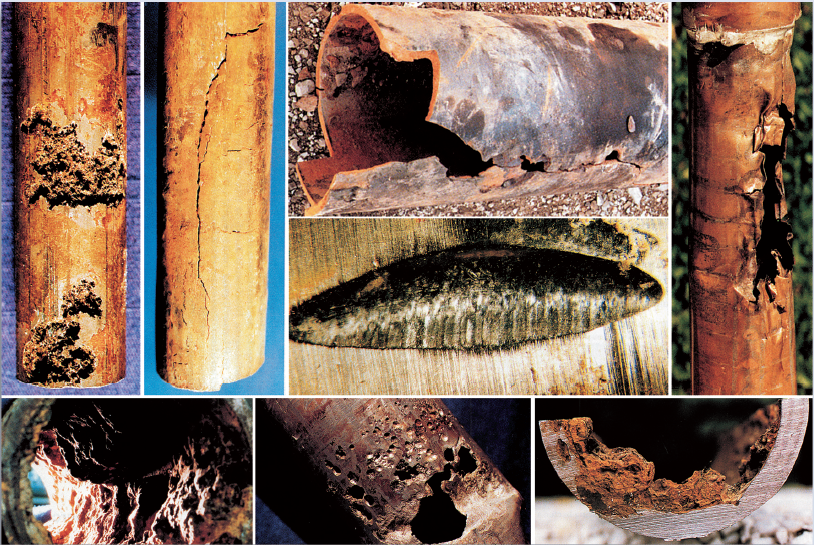
- TeachPlus: Mosbah ZIDANI
Ce cours a pour Objectifs :
Initier l’étudiant au vocabulaire technique.
Renforcer ses connaissances de la langue.
L’aider à comprendre et à synthétiser un document technique.
Lui permettre de comprendre une conversation en anglais tenue dans un cadre scientifique.
Connaissances préalables recommandées:
Vocabulaire et grammaire de base en anglais
- TeachPlus: Nadia BOUKHALFA
Technical/Applied Thermodynamics (Thermodynamique Technique/Appliquée)
The goal of the matter "Thermodynamics Technique/Applied", intended for students of the first year of the academic master chemical engineering, is to study the most important thermodynamic cycles and to master the operating principles of certain energy technologies such as turbomachines and thermal machines.

- TeachPlus: Réda KHAMA
This course “Heat exchangers-Echangeurs de chaleur” is intended for M1 students in Chemical Engineering and Pharmaceutical Engineering.
Generally, it is agreed that more than 90% of the thermal energy used in industrial processes passes through a heat exchanger at least once. This module aims to deepen students' knowledge of heat transfer, while introducing new concepts such as flows around obstacles (plates, tubes, cylinders) and estimate heat transfer coefficients, as well as model heat flows in tubes. They will study heat exchangers, such as double-tube and shell-and-tube exchangers, and will become familiar with the calculation methods for this equipment. The module will also cover phase-change exchangers by integrating the associated calculation methods.
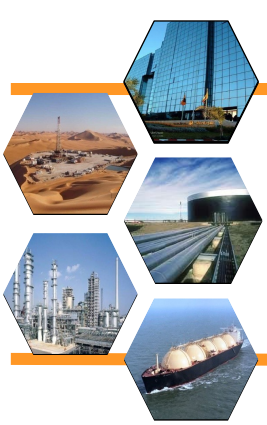
- TeachPlus: Djamila BENYOUCEF